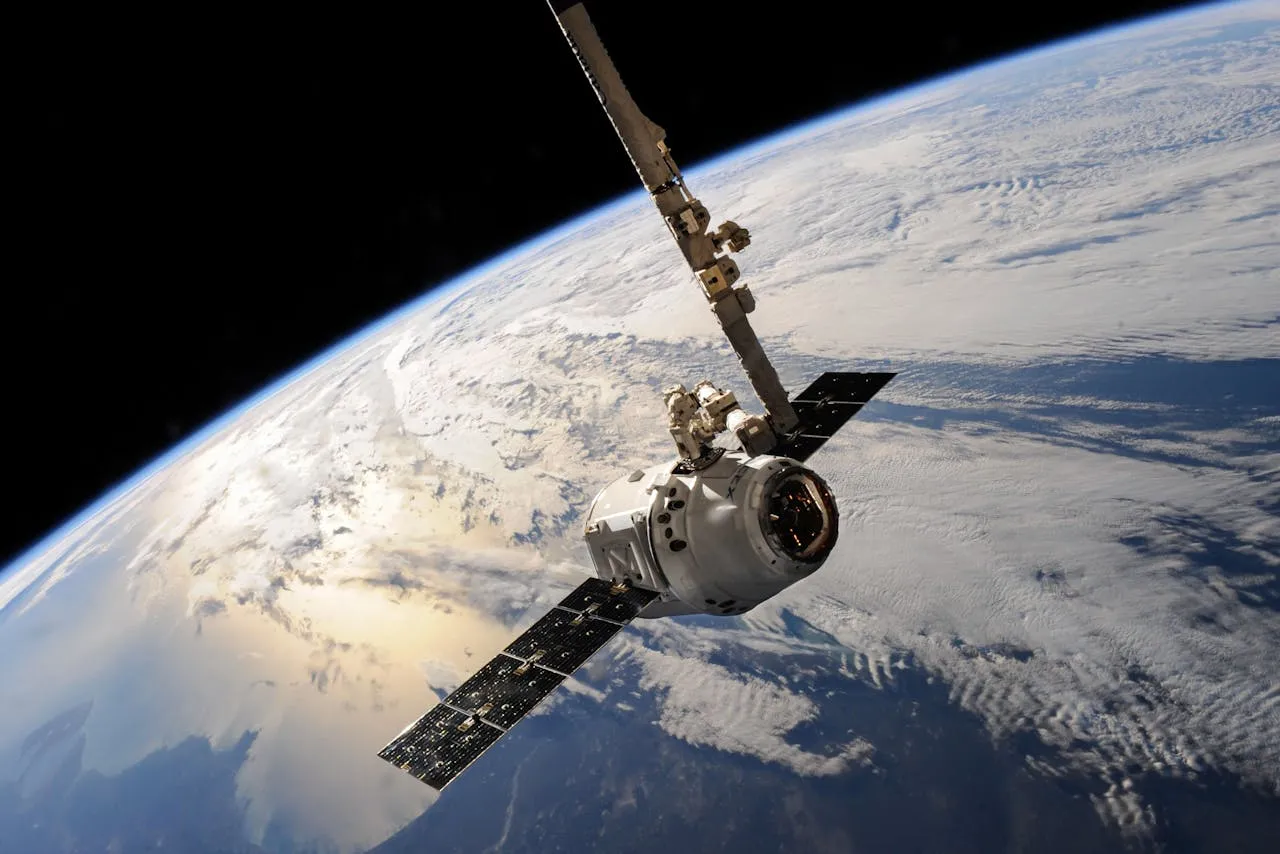
Mitsubishi Electric Selected as Lead Organization for JAXA Space Strategy Fund Solar Cell Development
Mitsubishi Electric Corporation announced that it has been chosen as a representative organization under the Japan Aerospace Exploration Agency’s (JAXA) Space Strategy Fund, a national program designed to strengthen Japan’s independent space technology supply chain. The company has officially signed a contract with JAXA to lead the project titled “Development of Domestic Solar Cells, Cover Glass, and Solar Arrays”, which is part of the first phase of the fund’s technology development themes.
This initiative comes at a crucial time for the global satellite industry. With the rapid expansion of satellite markets, particularly the growth of low Earth orbit (LEO) satellite constellations, demand for solar cells and protective cover glass has surged dramatically. These components are essential for powering satellites and protecting them from harsh radiation in space. However, rising demand has resulted in worldwide supply shortages, leading to increased prices and extended delivery times—challenges that pose significant risks to satellite manufacturing and deployment schedules.
By spearheading this program, Mitsubishi Electric aims to help resolve these issues by creating cost-effective, mass-producible solar cells and related technologies. The company plans to collaborate closely with domestic Japanese suppliers who specialize in solar cell production to ensure scalability, quality, and supply security.
Developing Next-Generation Solar Technology
A key part of the project will focus on testing and adapting glass materials typically used in ground-based applications for space environments. If proven effective, this will enable the mass production of affordable cover glass, which protects satellite solar cells from radiation damage. Mitsubishi Electric is also tasked with developing advanced solar arrays that integrate these new solar cells and cover glass, establishing a seamless production process within Japan.
The company’s long-term vision is to reduce the cost of satellite solar arrays and strengthen the domestic supply chain. By securing reliable production of solar power systems, Mitsubishi Electric hopes to not only meet domestic demand but also enhance Japan’s competitiveness in the international space industry.
Collaboration with PXP Corporation
Central to the success of this initiative is Mitsubishi Electric’s collaboration with PXP Corporation, a Japan-based company specializing in cutting-edge solar cell technologies. PXP is known for its advanced research in next-generation photovoltaic conversion elements, particularly perovskite structures and CIGS (Copper, Indium, Gallium, and Selenium) solar cells.
Together, the two companies will research the feasibility of perovskite/CIGS tandem solar cells for space applications. These tandem cells combine the advantages of both technologies, offering conversion efficiency comparable to conventional III-V solar cells, which are the current industry standard for satellite use. Importantly, perovskite and CIGS cells are expected to show greater resistance to space radiation, a critical factor for long-term satellite missions.
Another major advantage lies in manufacturing. Both perovskite and CIGS solar cells can be produced at lower cost, with simpler processes, and at higher volumes compared to conventional products. By merging PXP’s advanced solar cell fabrication expertise with Mitsubishi Electric’s decades of experience in satellite system design and manufacturing, the partnership intends to deliver reliable, efficient, and mass-produced solar cells suitable for space deployment.
A Strategic Step for Japan’s Space Industry
The project’s importance extends beyond technology. It directly supports Japan’s national strategy of building a resilient, competitive, and self-reliant space industry. Strengthening the supply chain for critical satellite components ensures that Japan can continue to play a strong role in the fast-growing global satellite economy.
Natsuki Asano, Senior Manager of the Solar Array & Composite Engineering and Project Section at Mitsubishi Electric’s Kamakura Works, will lead the representative organization. Commenting on the announcement, Asano stated:
“We are very pleased to have been selected as a representative organization for the Space Strategy Fund. Through the practical implementation of solar arrays equipped with domestically produced solar cells and cover glass that balance low cost and high performance, while ensuring resistance to the space environment and enabling mass production, we will help strengthen Japan’s satellite supply chain and enhance the international competitiveness of the country’s space industry.”
About the Space Strategy Fund
The Space Strategy Fund was established within JAXA by the Cabinet Office in collaboration with Japan’s Ministry of Internal Affairs and Communications, the Ministry of Education, Culture, Sports, Science and Technology, and the Ministry of Economy, Trade and Industry. Its purpose is to accelerate technology development, demonstration, and commercialization in the space sector, particularly by private companies and universities.
The fund’s first phase prioritizes projects that enhance supply resilience, reduce costs, and bring next-generation satellite technologies closer to real-world use. Mitsubishi Electric’s appointment as a representative organization underscores the government’s confidence in the company’s expertise and its potential to drive innovation in this critical field.




